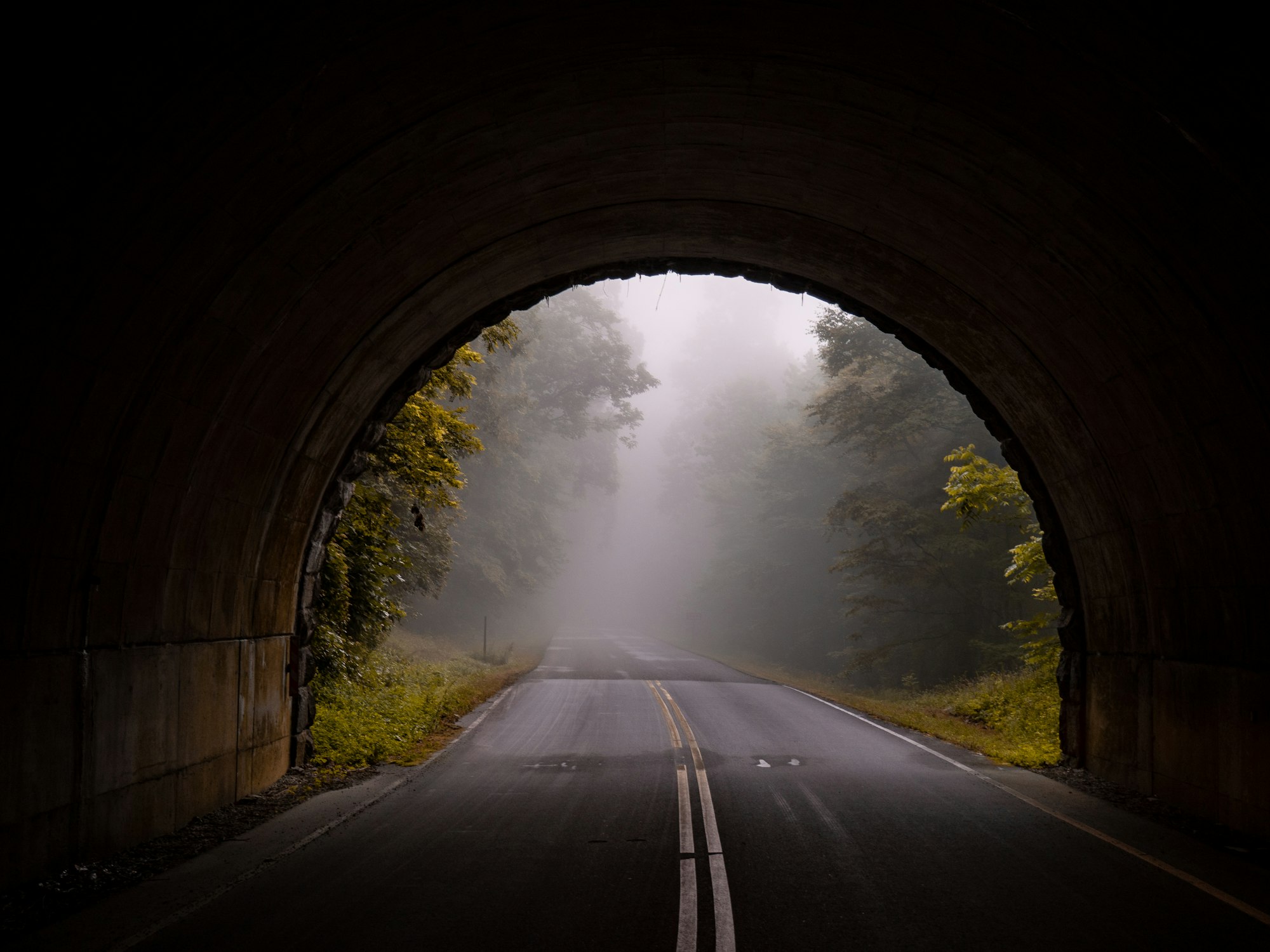At a time when we are overwhelmed by the ravages of this pandemic, it can be helpful to look beyond it to the day when effective treatments and an effective vaccine have been developed, the virus has been vanquished, and the lessons of this nightmare can be collected and applied to ensure a much more robust response to future outbreaks of disease.
What might our world look like after those lessons have been acted upon?
I see a world with more emphasis on building resilience in individual health and in our healthcare system. More people will embrace healthy living choices to reduce their vulnerability to future epidemics, including healthier diets and more dedicated exercise programs. Health insurance will finally be accepted as a universal right, but also a partnership between the individual (who is incentivized to make healthy choices and limit their use of medical care), and our healthcare systems (which are incentivized to promote and protect health rather than just deliver healthcare).
I also see greater awareness of the impact of personal behavior on the welfare of others. Wearing facemasks will be recognized as an act of love, to protect others as well as self, and will be widely used in crowds. Transmission of other diseases will consequently be inhibited. People will be healthier.
This awareness will be extended to fossil fuel use, which will finally be widely acknowledged as detrimental to human health and to the stability of the climate that our civilization is adapted to. The notion of social costs of personal actions will be more widely understood and accepted as a principle that guides
societal decisions.
The authority of all scientists on matters scientific will be much more widely accepted and used in state, national and international decisions about healthcare, climate change, and ecological sustainability.
I see a world after COVID-19 in which different living generations cooperate to solve the big problems, recognizing that they cannot be solved by one generation alone, but affect everyone directly or indirectly. I also see more global cooperation on building global resiliency and prevention systems for pandemics, climate change, and degradation of the health of our global ecosystem.
Because of these changes, the world after the pandemic will be far safer than it is today, with greater capacity and willingness to respond effectively to future outbreaks. It will also be more prosperous, because the changes implemented to stop future pandemics and prevent climate change will also reduce healthcare costs for a population that is healthier.
While fear of another pandemic will remain, and resentment of the failure of some of our leaders to respond more quickly and forcefully will linger, a truth and reconciliation program will allow everyone to process their feelings without
exacting retribution.
Keep this vision in mind during these dark days. If we choose to learn from this, we can build a better world after the crisis is over. What lessons are you learning?
When Steve Ghan is not serving as moderator for the Flatten the Curve Tri-Cities Facebook Group, he leads the Tri-Cities Chapter of Citizens Climate Lobby.


